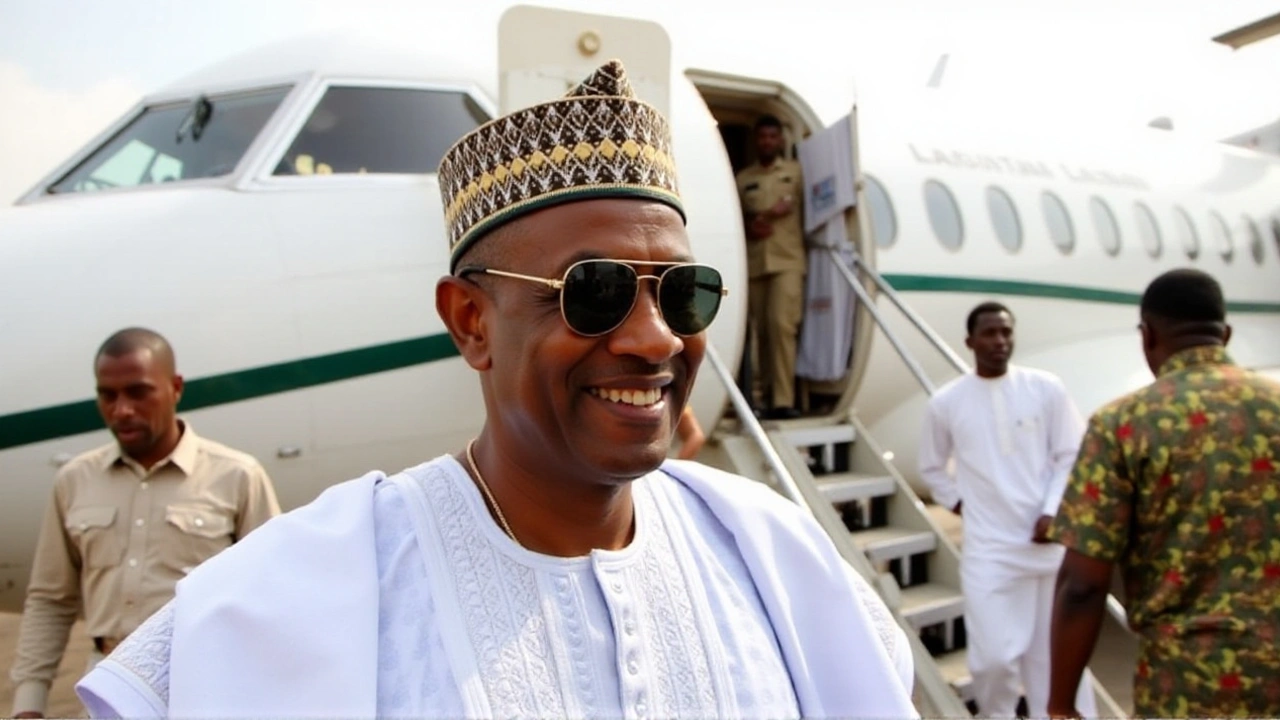Vice President Shettima: Who He Is and What He Does
If you’ve heard the name Shettima in Nigerian news lately, it’s probably about Kashim Shettima – the country’s current Vice President. He moved from being a governor in the north‑east to the second‑highest office in Abuja. In this guide we break down his story, what he focuses on now, and why his work matters for everyday people.
Early life and political rise
Kashim Shettima was born in 1957 in Maiduguri, the capital of Borno State. He studied engineering before entering public service, first as a civil servant and later as a member of the state assembly. In 2011 he won the governorship of Borno, taking over during the height of Boko Haram attacks. His reputation grew because he pushed for rebuilding schools, roads and health clinics while keeping a tough stance on security.
After two terms as governor, Shettima was chosen by President Bola Tinubu as running mate in the 2023 election. The ticket won, and Shettima was sworn in as Vice President in May 2023. His background as a Borno leader gives him credibility on northern issues and security matters.
Key initiatives as Vice President
Since taking office, Shettima has focused on three main areas: national security, economic diversification, and youth empowerment. He often travels to conflict‑prone regions, meeting with community leaders and military officials to coordinate relief efforts. His goal is to move beyond emergency response and create lasting stability.
On the economy side, Shettima backs the “Nigeria Vision 2030” plan that aims to reduce reliance on oil by expanding agriculture, technology and manufacturing. He’s been vocal about supporting small‑scale farmers in the north, pushing for better irrigation and market access. Those moves are meant to create jobs and lower food prices.
Youth programs are another priority. Shettima launched a mentorship scheme that pairs young entrepreneurs with experienced business owners across the country. The program offers training, seed funding and online resources, targeting people aged 18‑30 who want to start their own ventures.
He also works closely with the President on foreign policy, especially in dealing with neighboring countries about cross‑border security. His engineering background helps him understand infrastructure projects, so he often reviews major road and power initiatives before they go to parliament.
Critics say the Vice President’s office lacks clear constitutional powers, but Shettima uses his political influence and personal network to get things moving. Whether it’s clearing land for a new solar farm or negotiating with traditional rulers, he tends to act as a bridge between the federal government and local communities.
Overall, Kashim Shettima blends on‑the‑ground experience from Borno with a national platform. If you’re watching Nigerian politics, his moves will likely shape security policy, economic reforms and youth opportunities for years to come.

VP Shettima Mobilizes Federal Support Amidst Devastating Borno Floods
Nigeria's Vice President, Kashim Shettima, heads to Maiduguri on the directive of President Bola Tinubu to assess the catastrophic floods in Borno State. Triggered by extreme rainfall and the overflow of the Alau Dam, the floods have displaced thousands, destroyed property, and disrupted essential services. The Federal Government is spearheading humanitarian efforts to assist the victims and rebuild the community.




